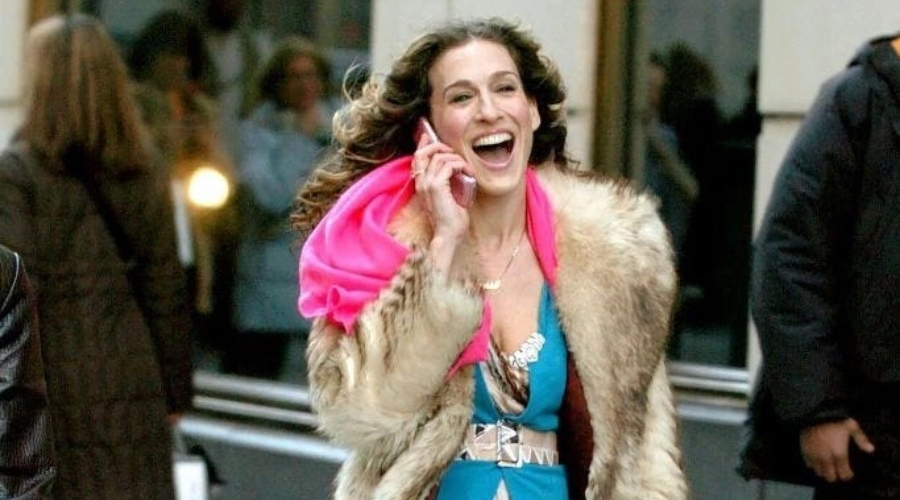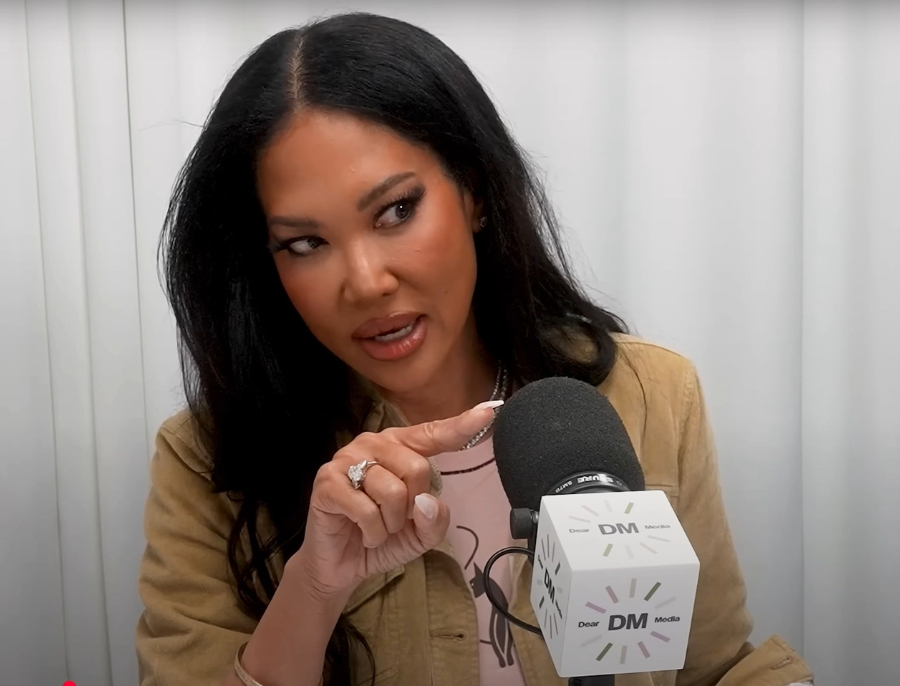6 Life-Changing Finance Tips From Sex And The City

If there’s one universal truth about New York, it’s that this city is expensive. Whether you’re a native New Yorker, a transplant, or have never set foot in the five boroughs, this reality is driven home countless times on shows like Sex and the City.
After a few dozen SATC rewatches, one thing becomes clear: Carrie Bradshaw isn’t exactly a model of financial responsibility. However, there are some surprisingly relevant nuggets of financial wisdom buried within the show, many of which I’ve implemented into my own life as a fellow shoe-loving, thirty-something writer living in NYC.
Here are the biggest money lessons we can learn from Carrie Bradshaw and her friends.
The importance of saving (or: not blowing $40K on Manolos).
Let’s address Carrie’s biggest financial faux pas. After four seasons of shopping and brunching, Carrie’s building goes co-op—every New Yorker’s worst nightmare. This means she either needs to move or figure out how to buy her beloved apartment, which proves difficult without the help of her ex-fiancé. Miranda, Charlotte, and Samantha swoop in to help, bringing Carrie to the horrifying realization that she’s spent $40,000 on shoes yet has no place to live.
This episode aired in 2002, and while New York real estate was still above US average even in the aftermath of 9/11, this $40,000 would have covered a down payment on Carrie’s apartment. Sometimes the lesson and best financial advice comes from watching someone else’s mistakes.
Talk to your friends about money (it doesn’t have to be awkward!).
When confronted with the co-op decision, Carrie instantly decides to move, proclaiming: “New York is a town of renters. Everybody rents.” Miranda, Samantha, and Charlotte all chime in, disproving Carrie’s assumption with the revelation that they all own their apartments. This conversation inspires Carrie to figure out how to buy her apartment, marking her first foray into real estate and investment.
While Carrie maps out her next move, her friends act as a supportive sounding board. Miranda and Samantha offer to lend her money, while Charlotte shies away. Speaking about money can be uncomfortable, but sharing knowledge and strategies among friends is a crucial step in fostering financial well-being. This financial transparency might have helped Carrie realize sooner that she was far behind the savings curve for her age range and propel her to make changes in how she handles her money.
Latest Videos from Dear Media
It’s okay to ask for help.
After being denied a bank loan and mortgage, Carrie consults Mr. Big, a finance and investment pro with a background in real estate, and asks for advice. Mr. Big gives Carrie a check for her down payment, which she later decides not to use in favor of figuring out a better plan.
Carrie’s next stop is Charlotte, who offers up the engagement ring from her failed first marriage. While this scene hasn’t aged as well as others, I’ve always appreciated the symbolism of Charlotte giving a ring to Carrie in support of their newfound financial partnership.
Financial hardship is a part of life, and sometimes the challenges are just too big to handle on your own. Carrie catches a lot of flack for her reliance on others, but I appreciate how she chooses to swallow her pride and ask for help, rather than drowning.
Know your worth and don’t be afraid to negotiate.
Back in Season 3, Charlotte is excited to marry Trey MacDougal, who is the ideal future husband she’s been dreaming about for years. Everything about Trey and his family is perfect—until Charlotte is asked to sign a prenuptial agreement.
She calls in her lawyer, Miranda, to review the contract before she signs, but they soon realize the terms are less than fair. Charlotte, who has always been uncomfortable discussing money, spends the episode stressing about how (and if) she can move forward with the marriage.
After some self-reflection, Charlotte prepares a counter-offer, which Bunny MacDougal accepts. While I’ve always felt Charlotte sold herself short (our girl is worth much more than a million!), it’s still a victory for Charlotte who got what she wanted and earned the respect of her new in-laws.
Charlotte’s journey here is an important lesson to remember: Don’t be afraid to negotiate for what you’re worth, and be prepared to walk away if you’re not being valued.
Celebrate your wins.
In Season 6, Carrie’s book receives extended distribution in Paris, and she receives a $25,000 check (“It’s an advance from France!”). Meanwhile, everyone’s least favorite boyfriend, Berger, is dropped from his publisher after they pass on his sequel option. Carrie’s excitement turns to shame and embarrassment once she learns of Berger’s news, which is sad to witness.
It takes Carrie a few more episodes to break up with Berger, but I love how her friends hype her up and remind her that this is a big accomplishment that she should be proud of. Whether it’s a promotion, a raise, or milestone achievement like paying off your student loans, your financial wins are always worth celebrating, regardless of how they make others feel.
You can still have a great time even if you’re broke.
For most of the series, Carrie is a broke freelance writer. She lives paycheck to paycheck in a very expensive city, but this never affects her happiness or self-worth. Carrie makes a point of enjoying everything New York has to offer, but she does it in a relatively budget-friendly way. She masters the art of the high-low mix, striking a balance between secondhand and buying new, and inviting friends over for a girls’ night instead of always going out.
As someone who moved to the city at 18, this was a refreshing story to see. By avoiding Carrie’s pitfalls (don’t worry, I have a healthy savings account) and not taking life so seriously, I’ve been able to enjoy living in New York at every stage of my adult life, regardless of what my paycheck looks like.



















